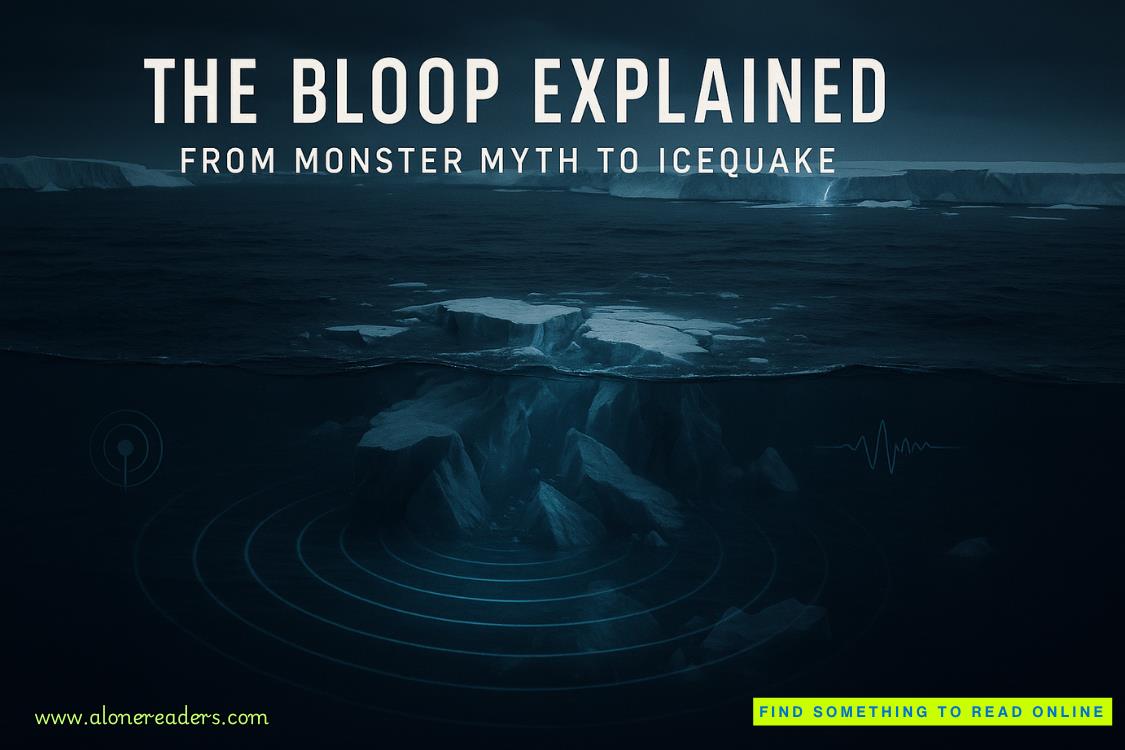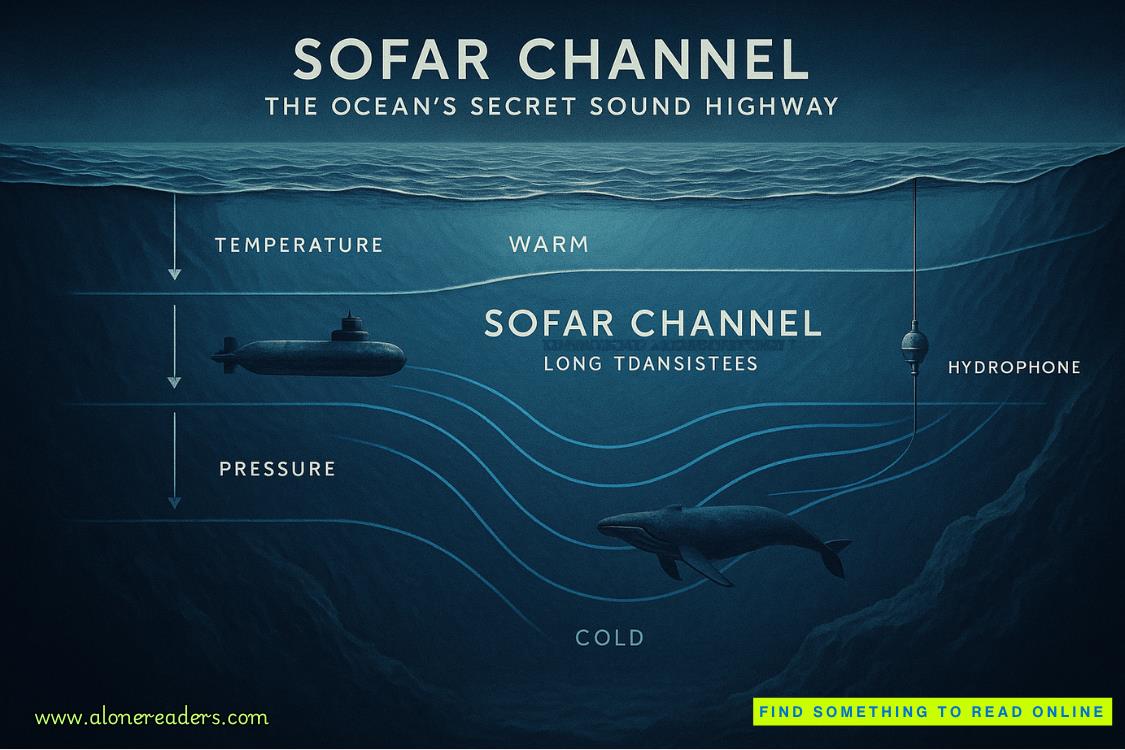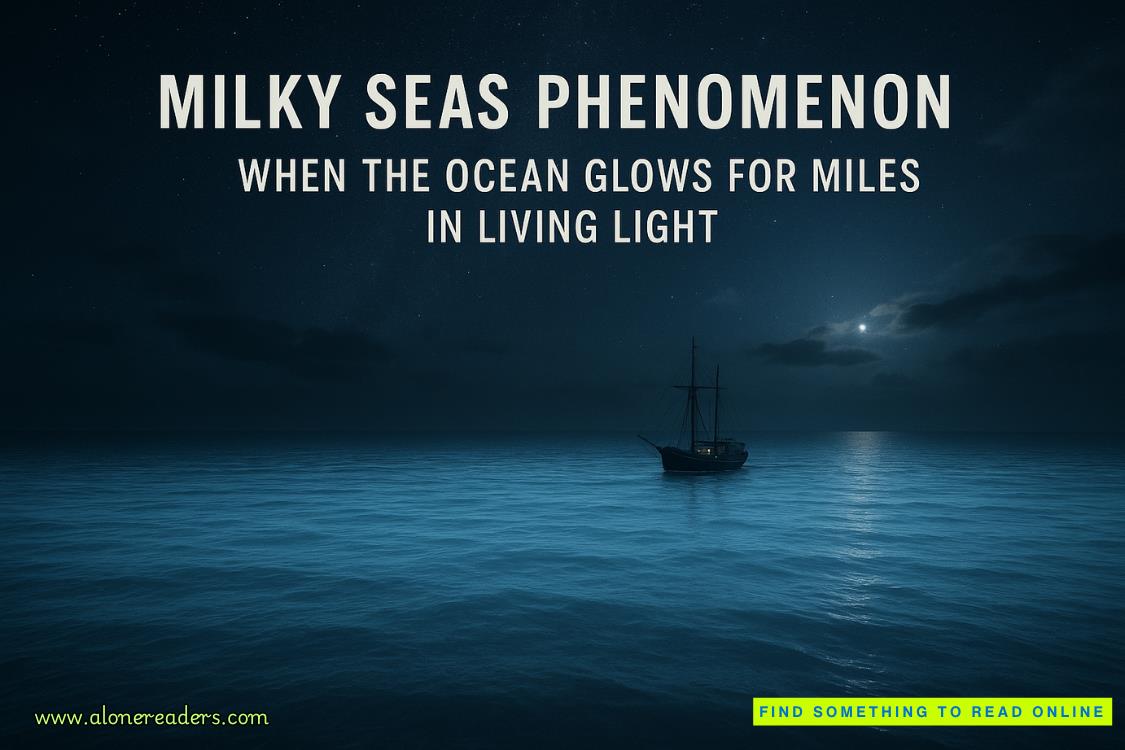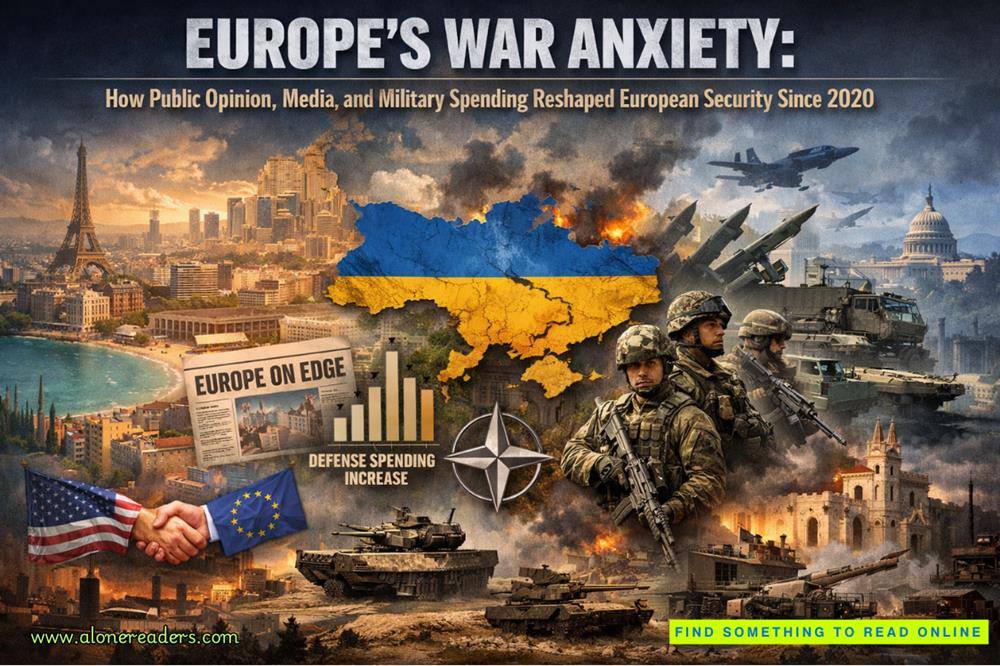"The mixture used." I retreated into technical analysis. "It's been customized to create specific flame colors during the initial burn. Blues and purples, probably, based on the chemical traces. They planned for the fire to be beautiful."
"Beautiful but deadly. Like the gallery fire?"
My hands paused. The Harrison case file didn't mention details about flame colors. I looked up sharply, finding him watching me with understanding in his eyes.
"I remember the photos from that case," he said quietly. "Our fire chief showed them to me, trying to make sense of the pattern. He said..." Marcus paused, something raw flickering across his face. "He said sometimes the most dangerous fires are the ones that make you want to watch them burn."
His hand settled on my forearm, warm through my jacket sleeve. "James." The touch was professional, meant to ground, but his thumb brushed once against my wrist in a distinctly personal gesture. "You can't carry that forever."
I couldn't look at him, couldn't handle the compassion in his voice or the way his touch seemed to sink through my skin. "The victim's family would disagree."
"Maybe." His hand stayed where it was, steady and firm. "Or maybe you're the only one still blaming yourself."
A crash from across the warehouse made us both jump. Marcus's hand fell away as one of his crew called out an all-clear—someone had knocked over an evidence marker. It shattered our moment, but the tenderness of his touch lingered.
"Show me what else you're seeing?" he asked, voice professional again. When I glanced up, the corner of his mouth lifted slightly. "I'd like to understand how you read these scenes. See them through your eyes."
Something about the way he said it—like he was interested in more than just my professional insight—made my pulse race. "I should warn you, I can get rather technical."
"Good thing I like learning new things, especially from experts who clearly love their subject."
I was halfway through explaining the statistical significance of distribution patterns when my stomach betrayed me with an embarrassingly loud growl. The sound echoed in the burned-out space, making me painfully aware that I'd missed both breakfast and lunch.
"When's the last time you ate?" Marcus's question caught me off guard.
"I..." I blinked at my tablet, trying to remember. "There was coffee. This morning. I think."
"Coffee isn't food." The gentle reproach in his voice avoided condescension. He glanced at his watch—the heavy-duty sports model I'd noticed earlier, designed for tracking swimming intervals. "There's a place around the corner. They do these salmon rice bowls that somehow taste even better when you're exhausted."
The casual recommendation knocked me off balance more effectively than our earlier charged moments. "I should finish documenting the—"
"The evidence isn't going anywhere." He gestured toward where the forensics team was methodically photographing burn patterns. "And you'll analyze better after food. Trust me, I'velearned the hard way that skipping meals makes you miss things."
I found myself automatically checking his form for signs of that hard-won knowledge. The athlete in him was evident even in how he stood—perfect posture, weight balanced, ready for action. But there was something else, a hint of fatigue around his eyes that made me wonder about his own missed meals.
"Do you?" I asked before I could stop myself. "Miss meals often?"
His laugh surprised us both—a warm, rich sound that filled the space between us. "More than my brothers would like. Matt—he's the paramedic—likes to leave protein bars in my locker. Says if I'm going to train like a crazy person, I should at least fuel properly."
The casual mention of his family was startlingly intimate when surrounded by a burned-out warehouse. I caught myself wanting to know more—about his brothers, his training, and all the pieces that made up Marcus McCabe beyond his professional competence.
"What about you?" he asked, those observant eyes focused on me. "Anyone leaving food in your office when you get caught up in research?"
"One of my graduate students brings cookies." I tried to make it sound like enough. "They know better than to interrupt my analytical sessions otherwise."
Something flickered across his face—concern, maybe, or understanding. "Sounds lonely."
The simple observation hit harder than any probing question could have. "It's... efficient."
"Efficient isn't always better." He shifted slightly closer, voice dropping. "Sometimes you need someone to remind you to look up from the data and see what's right in front of you."
Before I could formulate a response, Marcus's radio crackled to life.
"Lieutenant?" A young voice. "We've got something weird with the electrical system up here."
Marcus lifted his radio, but his eyes stayed on my face. "Copy that. Location?"
"Northeast corner, near the offices. Some modification to the circuit box."















